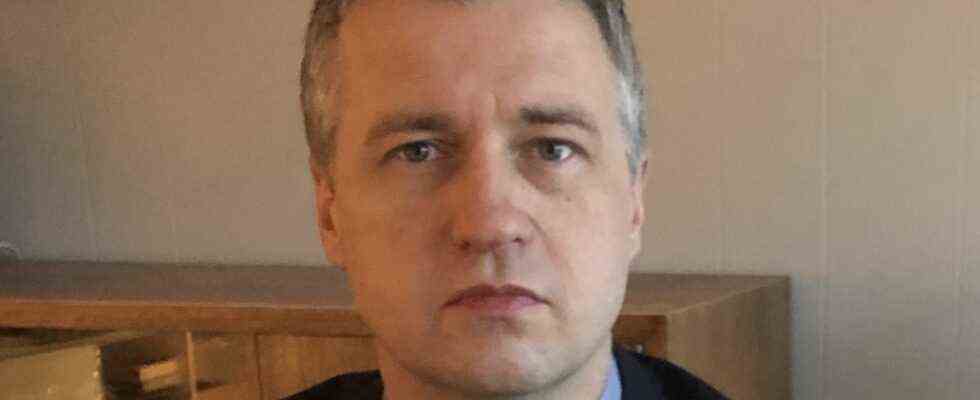Prize winner celebrated today, in court tomorrow and in prison the day after tomorrow? It is quite possible that this is the path that the Icelander Jóhannes Stefánsson has to go. Stefánsson was once a fisherman, then a manager at Samherji, Iceland’s largest fishing group, one of the most powerful in Europe. Until he revealed the practices of Samherji in Namibia. In Namibia, according to Stefánsson, Samherji had bribed powerful politicians in order to gain access to fishing quotas for mackerel. “To plunder the resources of an African country,” as Jóhannes Stefánsson says. It is one of the biggest corruption scandals in the history of Iceland and Namibia. In the African country, several former ministers are now in jail on account of Stefánsson’s statements. Samherji denies all allegations.
Jóhannes Stefánsson is himself the perpetrator in this story. A perpetrator who got out at some point and became a whistleblower because he no longer wanted to participate. Not without first loading 40,000 e-mails, memos and account statements from company servers onto his laptop. Documents he shared with Wikileaks and then with the prosecutors of the affected countries. The prosecutors are now investigating that major legal proceedings are pending, first in Namibia and later in Iceland.
In Iceland, Jóhannes Stefánsson has the status of a suspect, together with eight leading employees of the Samherji Group. But it will be celebrated this Thursday in Gothenburg, Sweden. The jury of the prestigious Win-Win Sustainability Award chose Stefánsson as its winner this year. The prize money is one million Swedish kronor, the equivalent of around 100,000 euros. As an individual with a sense of justice, Stefánsson “shook an entire industry”. And that despite the fact that he was harassed, persecuted and possibly poisoned for it. Stefánsson’s example shows that “individuals in the corporate world can also take up the fight against corruption”.
That he will soon have to stand before the court? “I don’t mind.”
In a telephone conversation with the SZ, Stefánsson called the award a “huge recognition”: “That is wind in our sails. It shows that we whistleblowers are doing the right thing, although we are often treated like outcasts for it.” Just as in Germany, there was no whistleblower protection law in Iceland when Stefánsson went public.
“Corruption is one of the greatest obstacles to global sustainable development,” says German author and whistleblower expert Rainer Winters. “But whistleblowers often lose everything, in addition to their health and most of their money. At the same time, states and societies benefit enormously from the courage of whistleblowers”.
Stefánsson will soon be on trial in Iceland himself for the bribe payments that he once made as a Samherji manager in Namibia on behalf of the company. “I don’t mind,” he says. “The most important thing is that those responsible get their sentence.” He has the impression that the prosecution in Iceland is doing a “very good job”. He has not been able to work since he first collapsed in South Africa in December 2016. He suspects he was poisoned. Medical treatment is imminent, but he has traveled to Gothenburg personally. For a few weeks now he has been feeling “a little better,” he says.
Samherji publicly denies all guilt and portrays Jóhannes Stefánsson as a drinker and drug addict who committed all crimes all by himself. In Iceland, the newspapers recently made revelations Kjarninn and Hour Headlines. Based on internal news logs of the Samherji corporation, they showed how a group of Samherji employees who called themselves “guerrilla troops” planned campaigns of defamation and intimidation against investigative journalists, artists, politicians and NGOs such as the anti-corruption organization Transperancy International.

